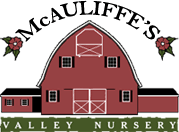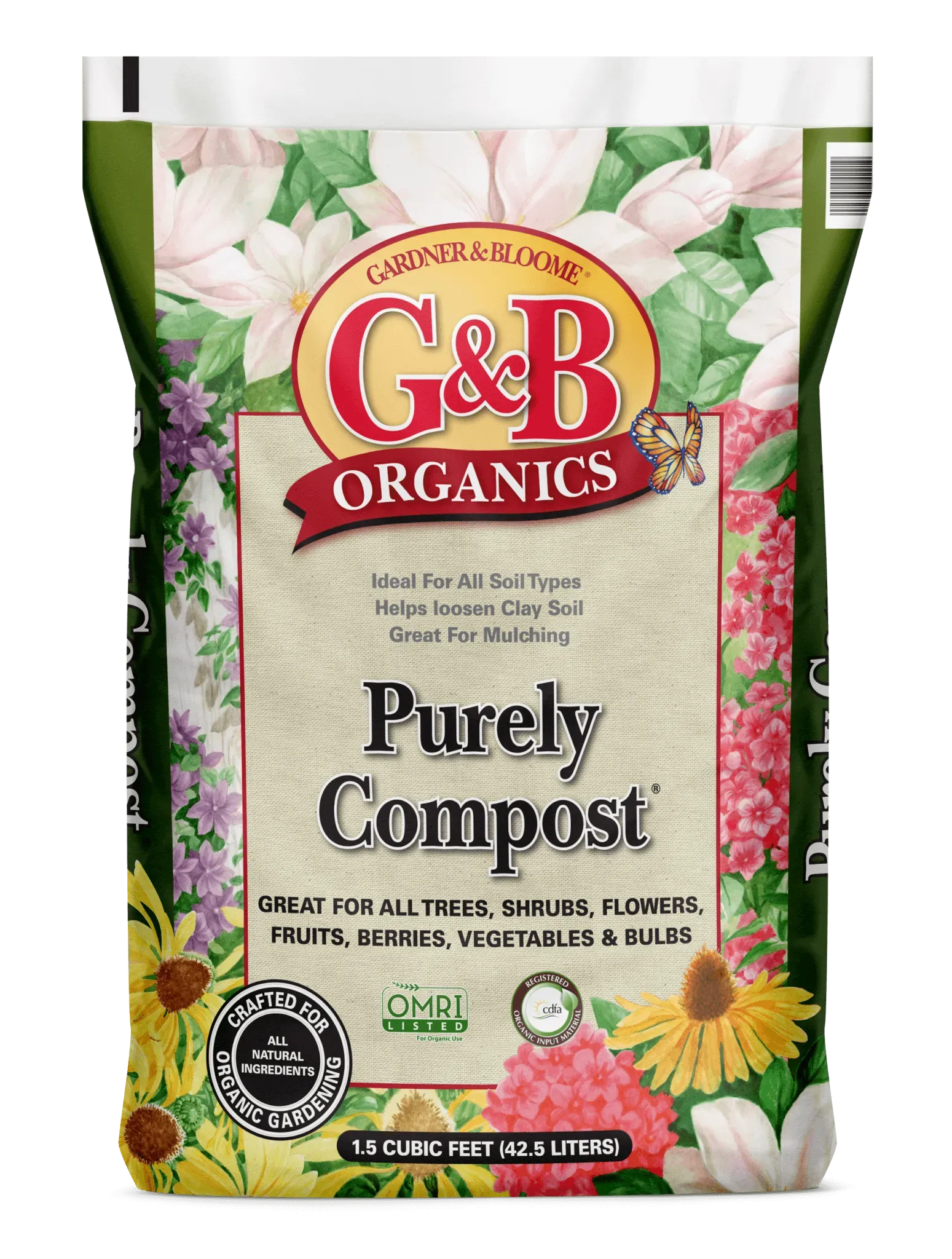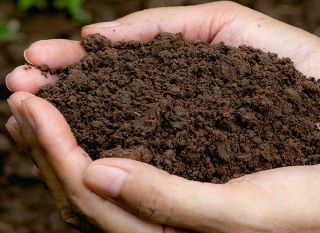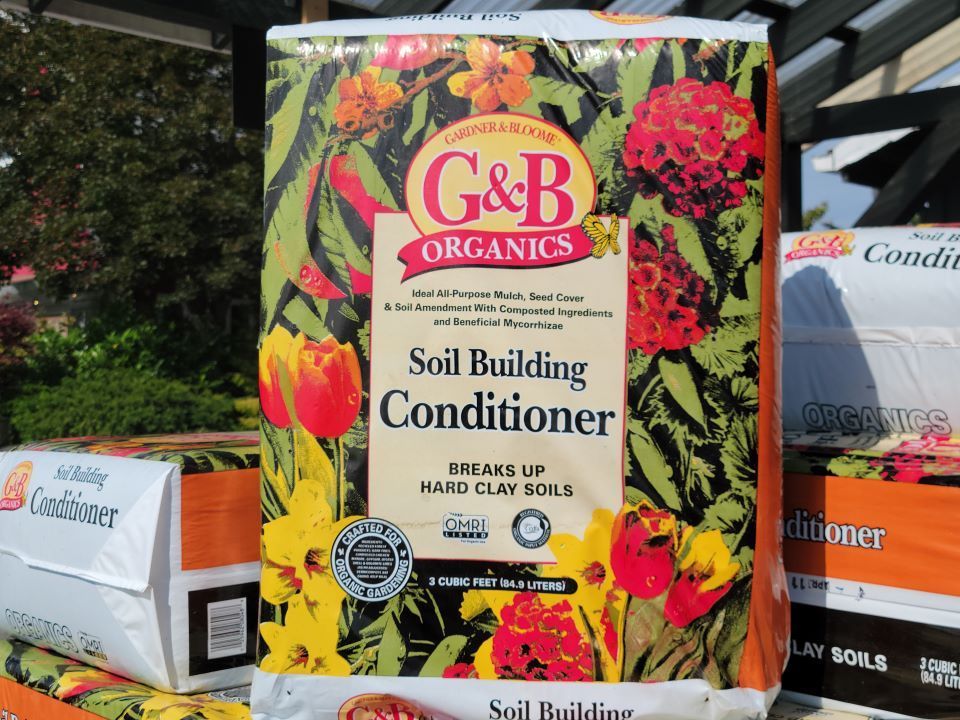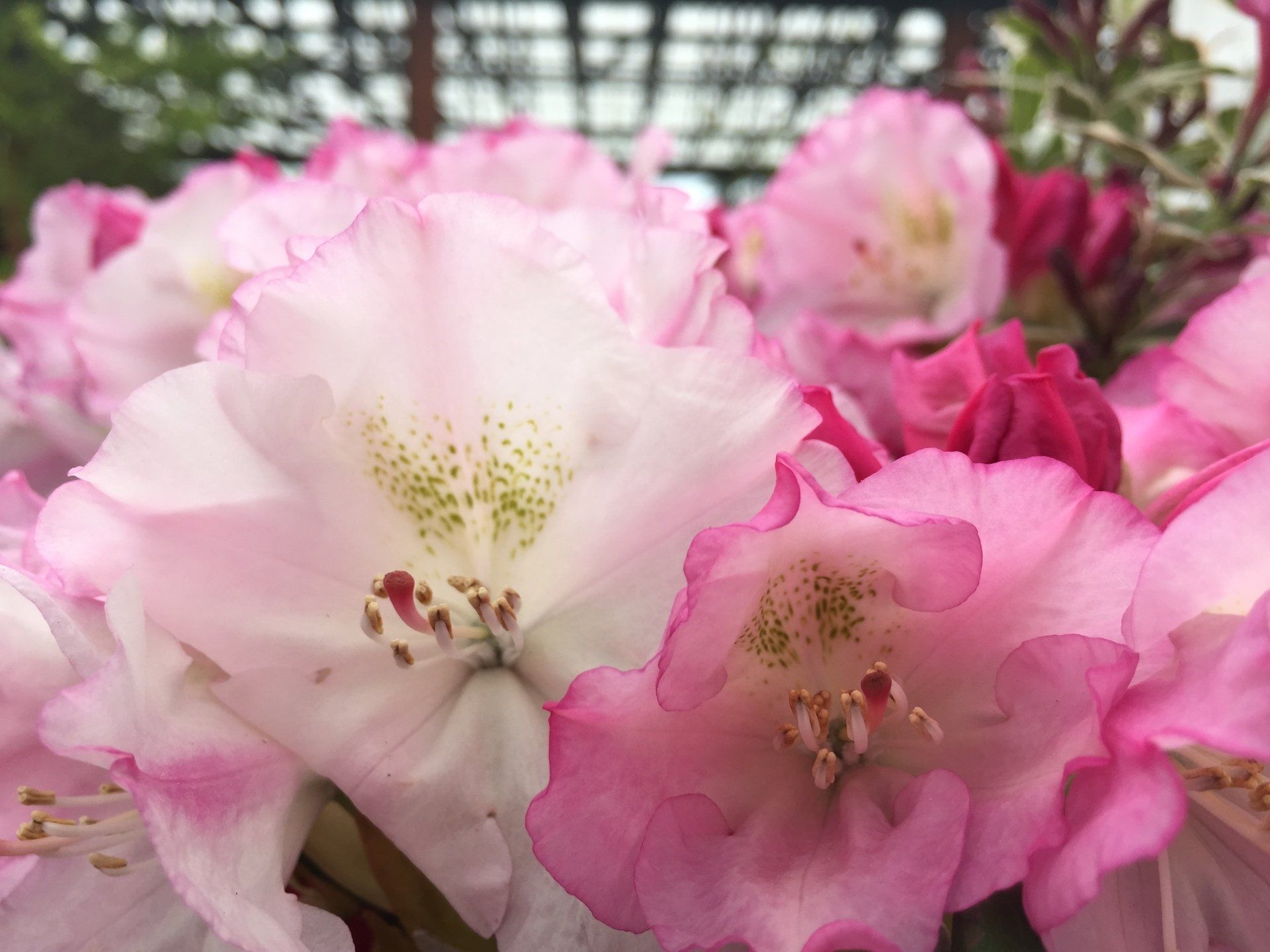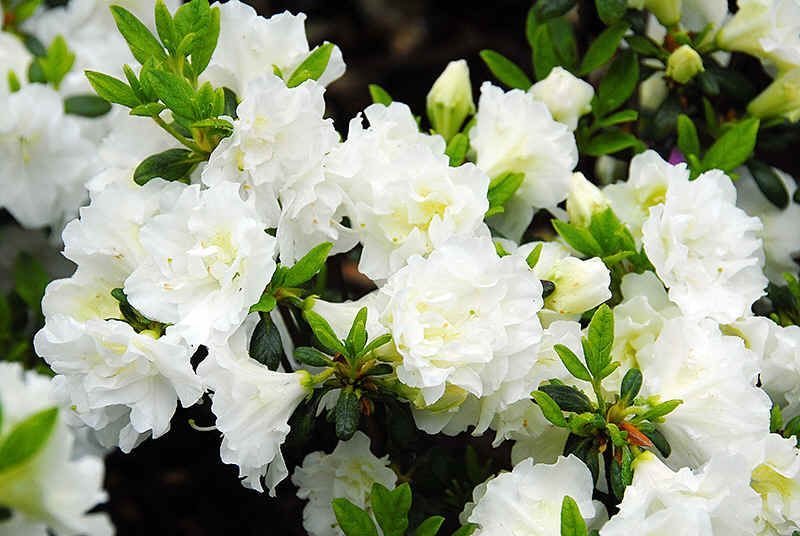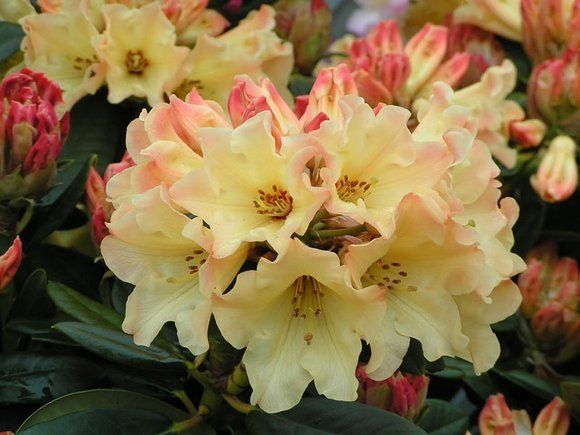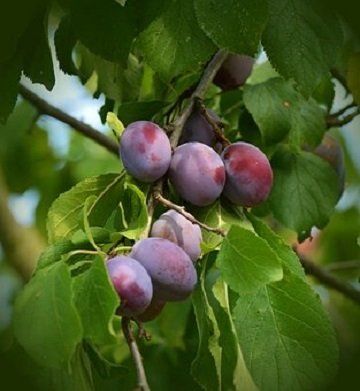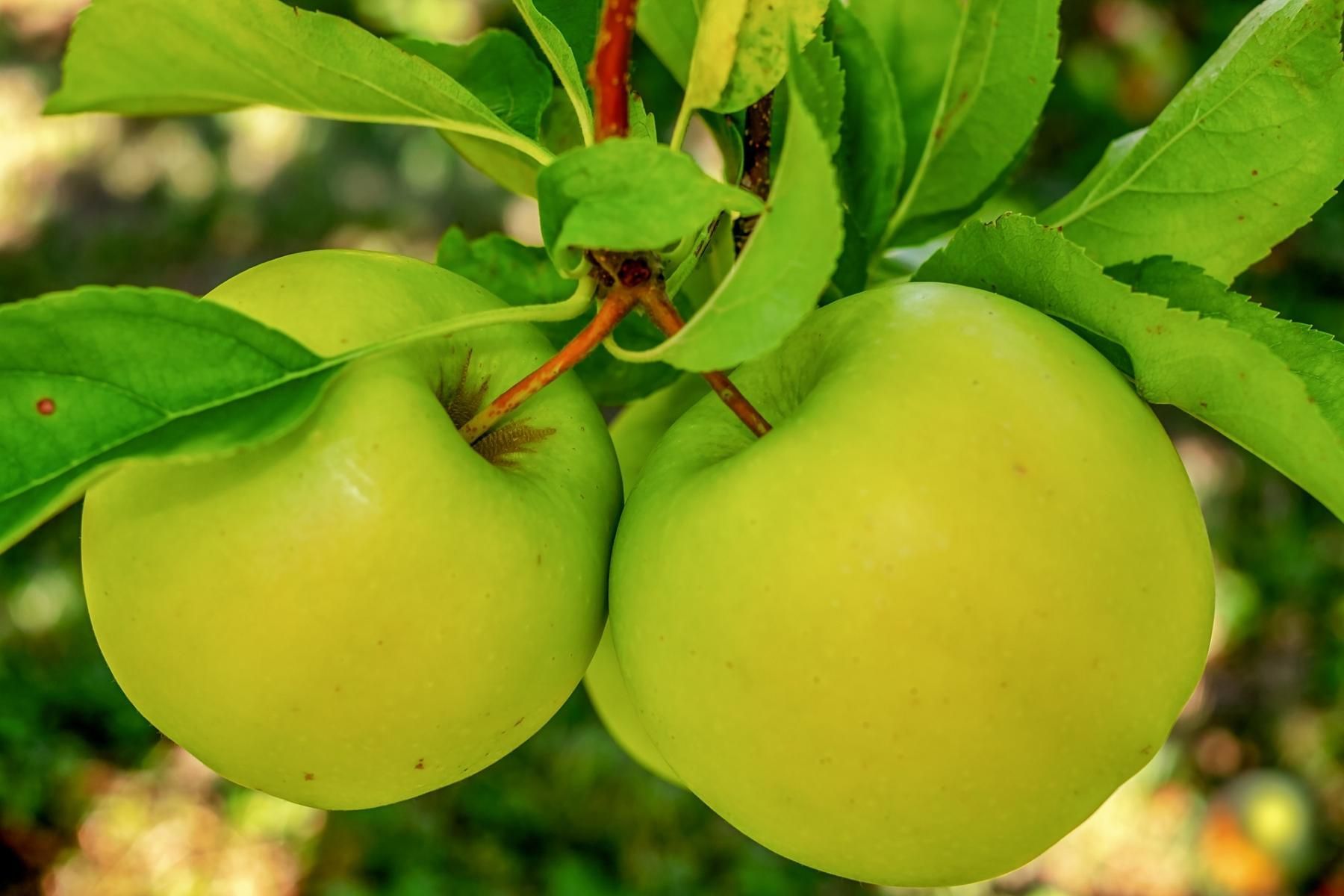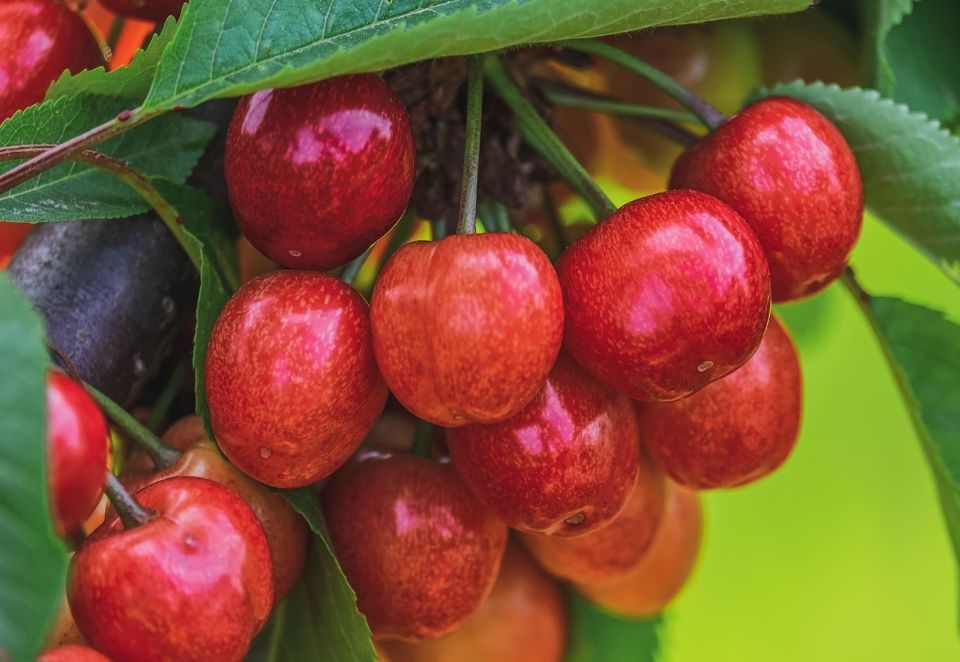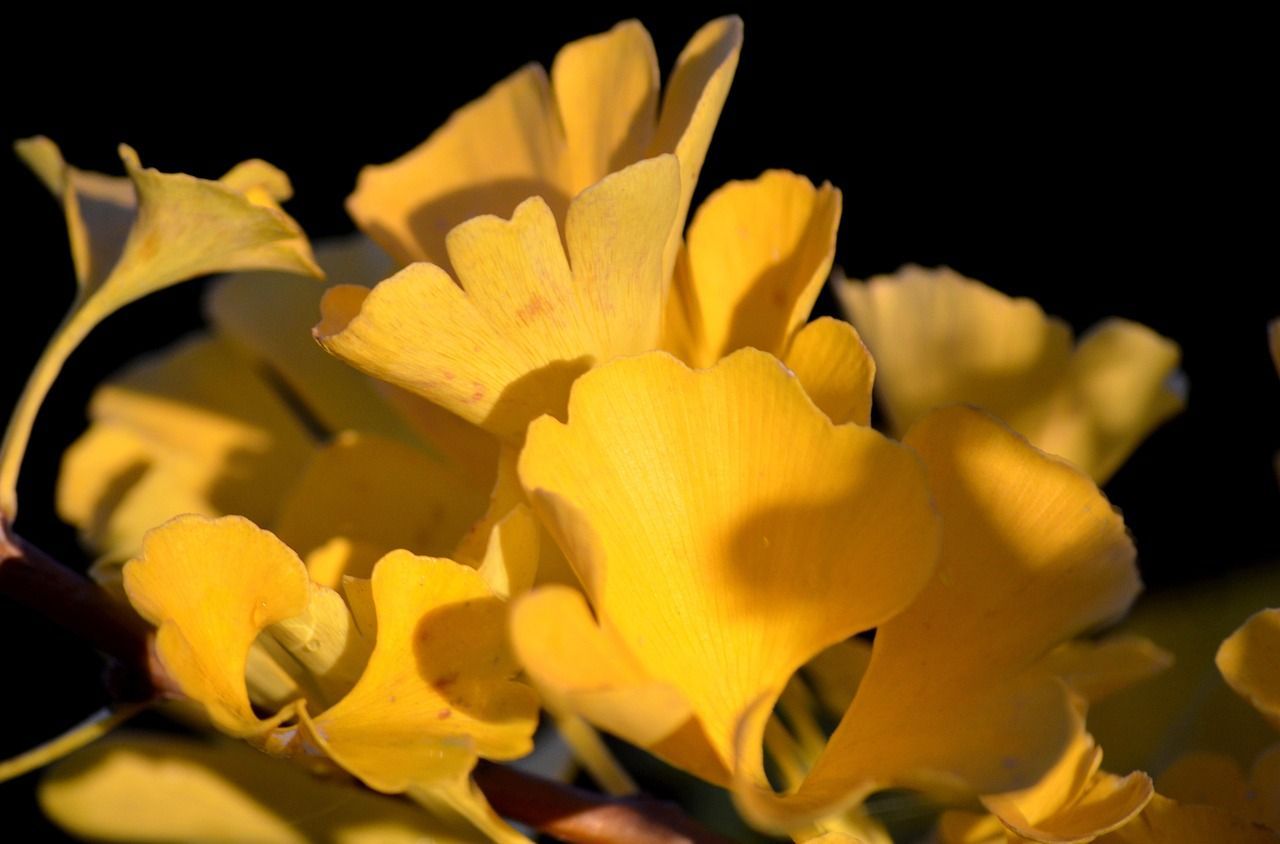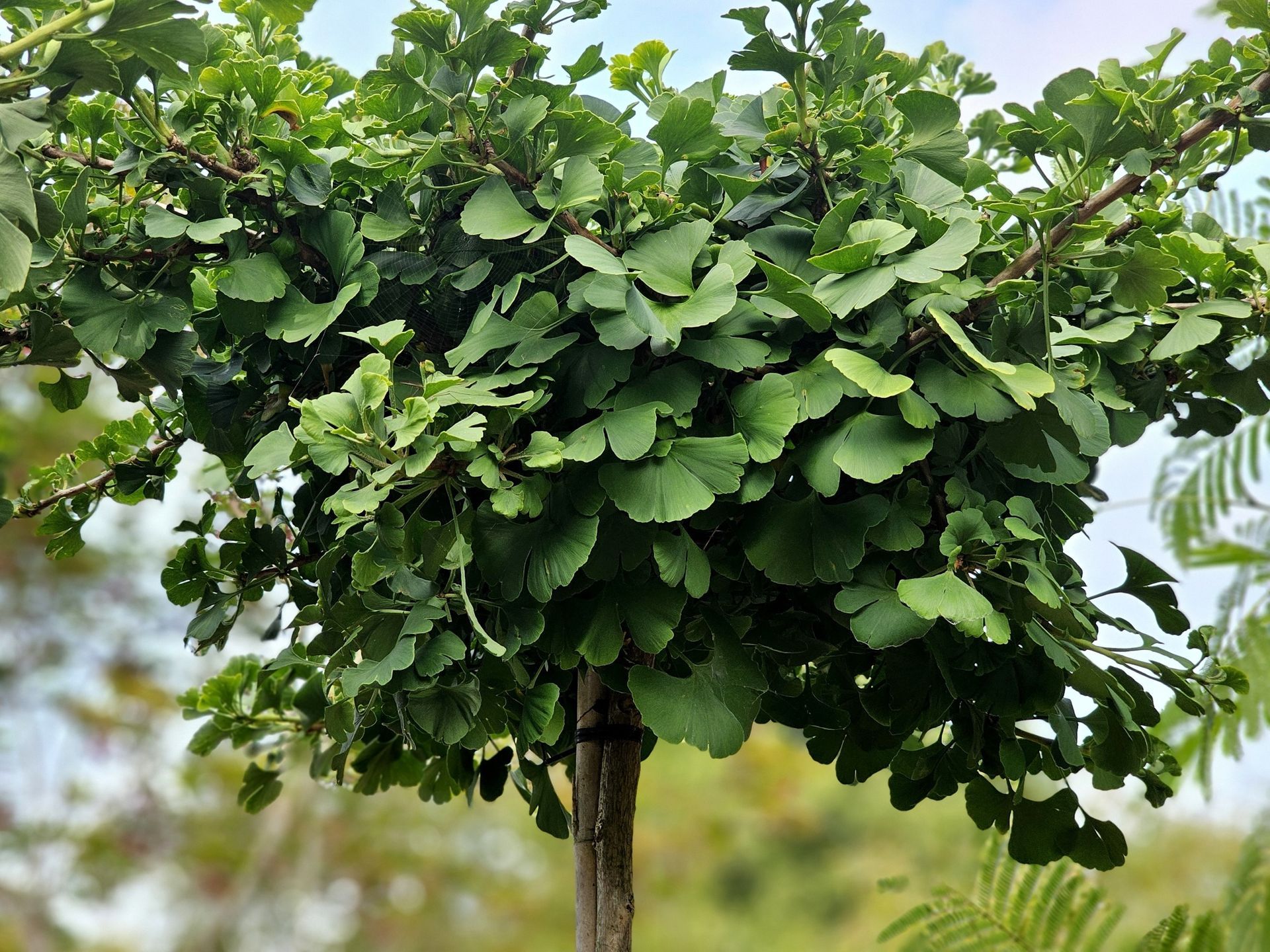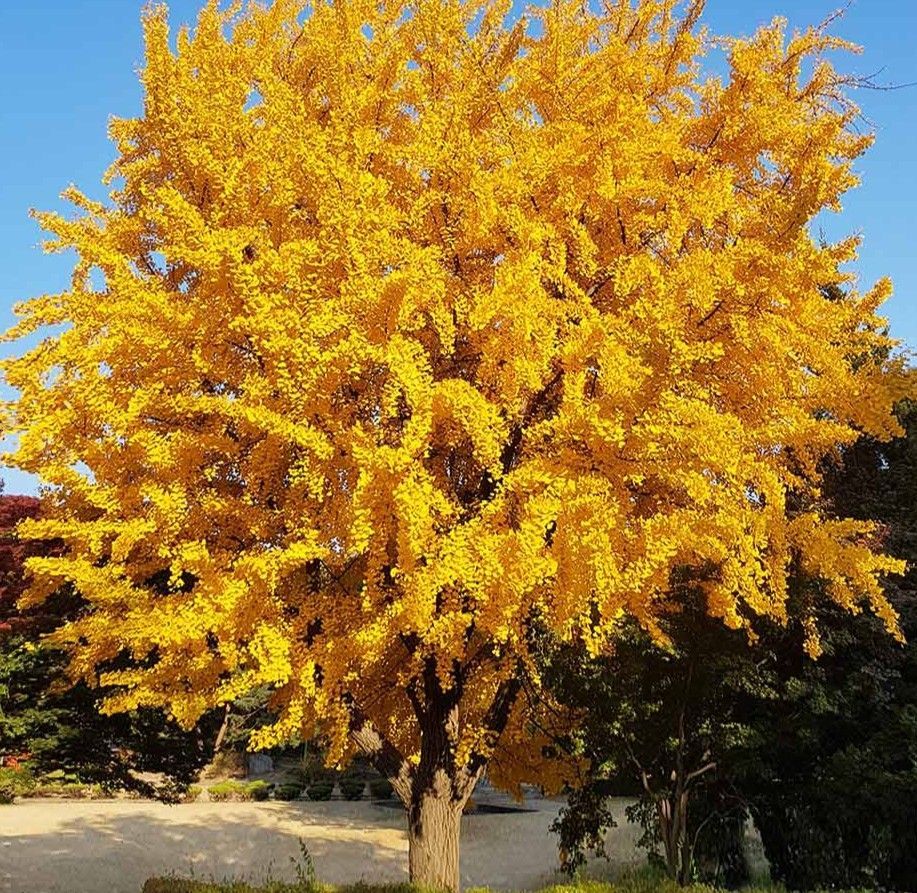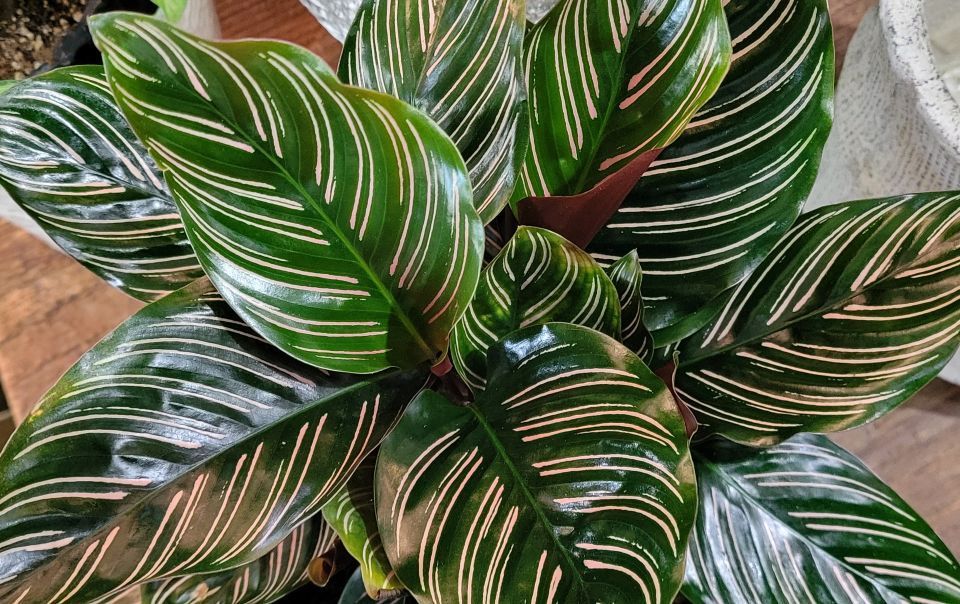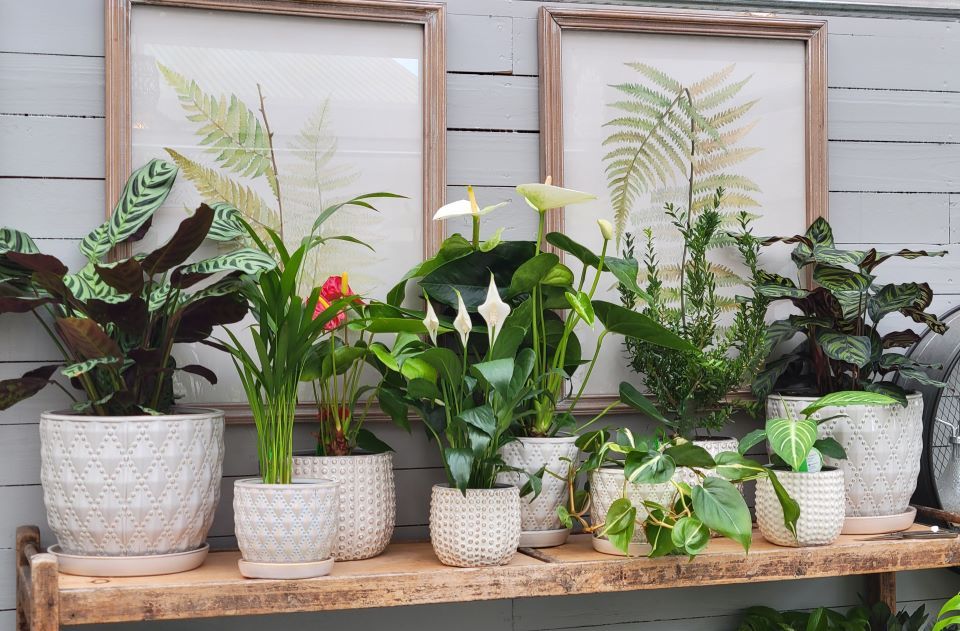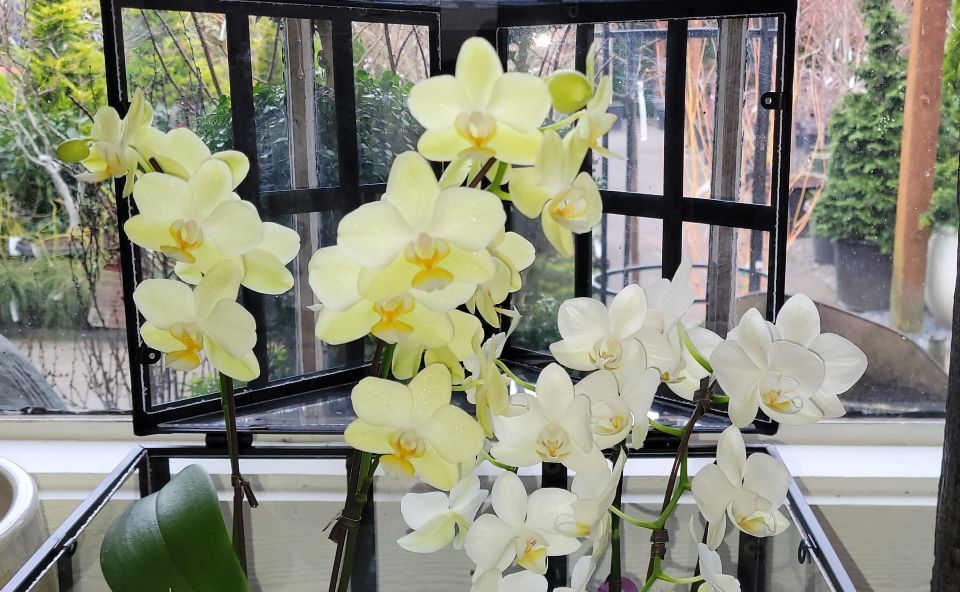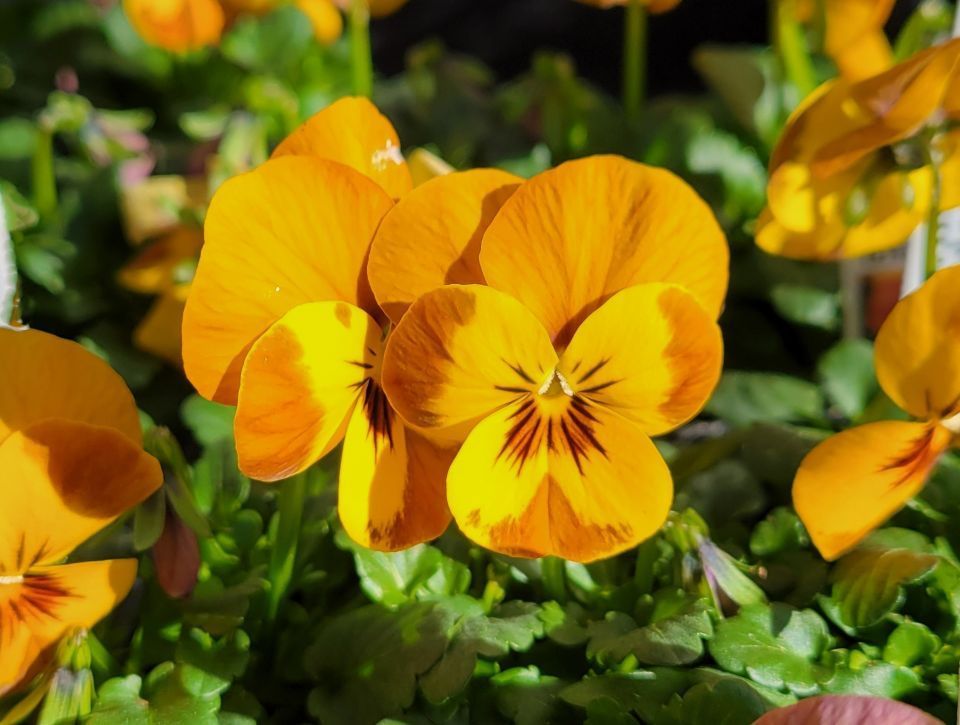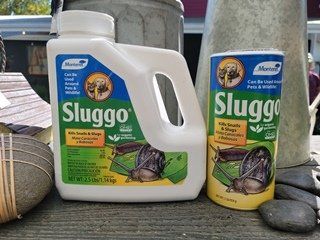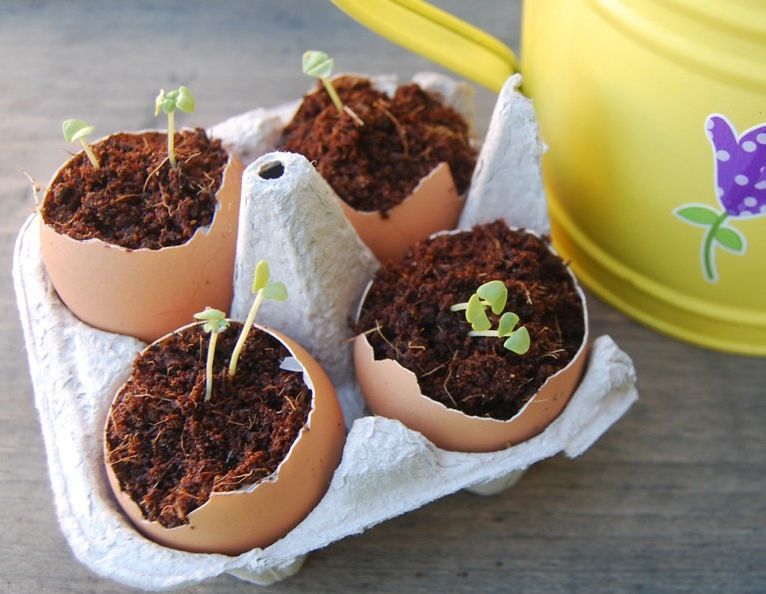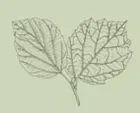Seasonal
Healthy Soil Healthy Gardens
Healthy soil yields a healthy garden; it is grown from the ground up.
Understanding the garden soil that you grow in is essential to creating the
best conditions for your plant life. Soil is evaluated by its texture, structure,
and fertility. Knowing what is in the native soil is important so you can
determine what type of soil amendments to employ, you can make
enhancements, or change the plants we grow in our garden spaces.
Typically, in Western Washington, we generally have three to four soil
types: heavy clay, silty loam, sandy loam, or glacial till. The good news is
that they can all benefit by adding organic matter. For heavier clay and
silty soils, adding Garden & Bloome Soil Conditioner will help break up the
denseness and lighten the soil, and aid drainage. For rocky soils like glacial
till, adding a professional topsoil and removing bigger rocks in addition to
adding Garden & Bloome Purely Compost, will give the glacial till more
body and help it to retain moisture during times of drought, thus aiding
the plant life by having more moisture and nutrients available to their root
systems. Compost and a topsoil mixture are also an excellent way to build up
and add body to sandy soils as well. Our line of Garden & Bloome soil
amendments contains all organic ingredients and beneficial microbes that
will make your garden and landscape thrive. Come on down to the farm and
speak to our friendly associates about the benefits
of using these truly unique soil amendments.
Rhododendrons And Azaleas
We have received a beautiful selection of rhododendrons and azaleas
to start spring off with a dazzling floral display. These Northwest classics
come in a variety of evergreen and deciduous forms, ranging from dwarf
to varieties that can reach heights of 6 to 7 feet. Our exceptional selection
has something for every garden and color palette. Since they bloom at
different times, they can be planted in succession and enjoyed throughout
the spring. These beautiful mainstays in Pacific Northwest landscapes are
ideally suited for locations that receive morning sun or dappled to partial
afternoon sun. With a shallow root system, they prefer a moist, well-drained
soil, and during the warmer weather, it is important to provide a layer of mulch
to conserve moisture in the plant's roots during times of drought, as we often
see in the summer months. Come on down and speak with our friendly staff
and see our fabulous selection of these Northwest landscape favorites.
Bare Root Bonanza
Bare-root plants are only available for a short window during this cooler
time of year. As they are not potted up in containers with soil, they
are lighter weight, much easier to transport, and cost less. We have a
fantastic selection of bare-root fruit trees arriving in the middle of this
month. Each variety has been carefully selected for its tasty fruit, and
also for its hardiness here in the Northwest. A very cost-efficient option
for gardeners, these fabulous trees are only available for a short time,
so hurry in to pick out your favorite selections today! Notable additions
to our 2026 collection of fruit trees includes walnuts, filberts, Red Haven
peaches, Brooks plums, Sunrise magic apples, and more. Visit us and
chat with our friendly staff about starting your own edible garden.
The Ginkgo Biloba
This ancient tree, with its distinct leaves and outstanding fall color, has survived
the test of time, dating back over 200 million years. These unchanged living fossils
are classified as Ginkgophyta, of which they are the only member, making them
truly unique. With leaves shaped like the Maidenhair fern, it is often referred to as
the Maidenhair tree. These trees are exceptionally tough and are frequently seen in
parks or urban environments, but they also make a wonderful addition to the home
landscape. After its introduction to the United States in 1784, the Ginkgo became
quite popular; by the 1800s, it was widely planted in the Midwest and along parts
of the East and West Coasts. Back then, both males and females were planted.
Today, however, Ginkgo trees sold in nurseries are strictly male, as female trees
produce seeds that can be messy and odoriferous. Thanks to discoveries made
during cultivation, there are many varieties to choose from. Right now, we have a
wonderful selection of these amazing trees in stock, ranging from dwarf like
Mariken, the broad oval-shaped Saratoga, and the narrow, columnar varieties,
including Gold Spire and more. Limited quantities. Hurry in!
Repotting Your Indoor Friends
There comes a quiet moment in every plant’s life when it begins to ask for more
room. The leaves may still be green and the stems still reaching for the light, but
beneath the soil, roots are circling, searching, and pressing against the edges of
their home. Repotting isn’t just a maintenance task; it’s a renewal and a fresh
start, and knowing when to do it helps your plants thrive for years to come. Usually,
if you see roots peeking from the bottom or notice that water runs straight through
the pot when irrigating, your plant has outgrown its space. Other signs include
stalled growth during the growing season or pale-looking leaves. Repotting is best
done in late winter or early spring, just before active growth begins, though most
healthy plants can handle it at any time during the growing season. When repotting,
remember that bigger is not always better, as too much soil can cause roots to rot.
Ideally, choose containers that are 1 to 2 inches bigger and ensure there is adequate
drainage. Choose the correct type of potting soil for the plant you are repotting—cacti
and succulents require sandy, well-draining soil, while tropical foliage types prefer a
moisture-retaining blend. Other indoor plants, such as orchids or carnivorous plants,
have special soil requirements, so be sure to check the labels. Remove your plant
from the old container by placing it on its side and gently easing it out. Next, inspect
the roots, gently loosening any tightly wound ones and removing any mushy or dead
roots with clean, sharp pruners. In your new container, pour a layer of soil into the
bottom and place the plant in the center, leaving about a 1-inch lip to the rim. Fill
around the sides, gently tapping down the soil around the roots. Water deeply to
eliminate any air pockets and settle the fresh soil, which helps improve root contact
and stability. Allow all of the water to drain out completely, then place it in bright,
indirect light to adjust to its new home, avoiding any fertilizer for the first few weeks.
In the weeks to come, you will notice a big difference in the color and
overall vigor of your repotted plants. Happy transplanting!
March Garden Tasks
Prune clematis, summer and fall blooming only.
Cut back deciduous grasses and perennials to prepare for the new growth.
Turn your compost bin as you introduce new trimmings to the pile.
Refresh containers with a spot of early-blooming color to
warm your spirits as spring approaches.
This is a great time of year to fertilize your rhododendrons and
azaleas. These shrubs thrive on Dr. Earth Organic Acid
Lovers Fertilizer, keeping the foliage a lush green and
your blooms vibrant.
Prune out any damaged, diseased, or dead wood from your trees and
shrubs. This is also a great time to prune your fruit trees and roses.
Apply All Seasons Horticulture Oil Spray while your plants
are dormant to treat for damaging insects.
We recommend staying on top of slug and snail control with
pet-friendly & environmentally friendly Sluggo.
Mulch around your plants provides a layer of insulation during the
cold winter months and reduces moisture loss during our hot,
dry summers. G&B Soil Conditioner will offer nutrition,
insulation, and improve the soil texture.
Plan your vegetable garden and purchase your seeds
to start indoors or sow directly in your garden.


